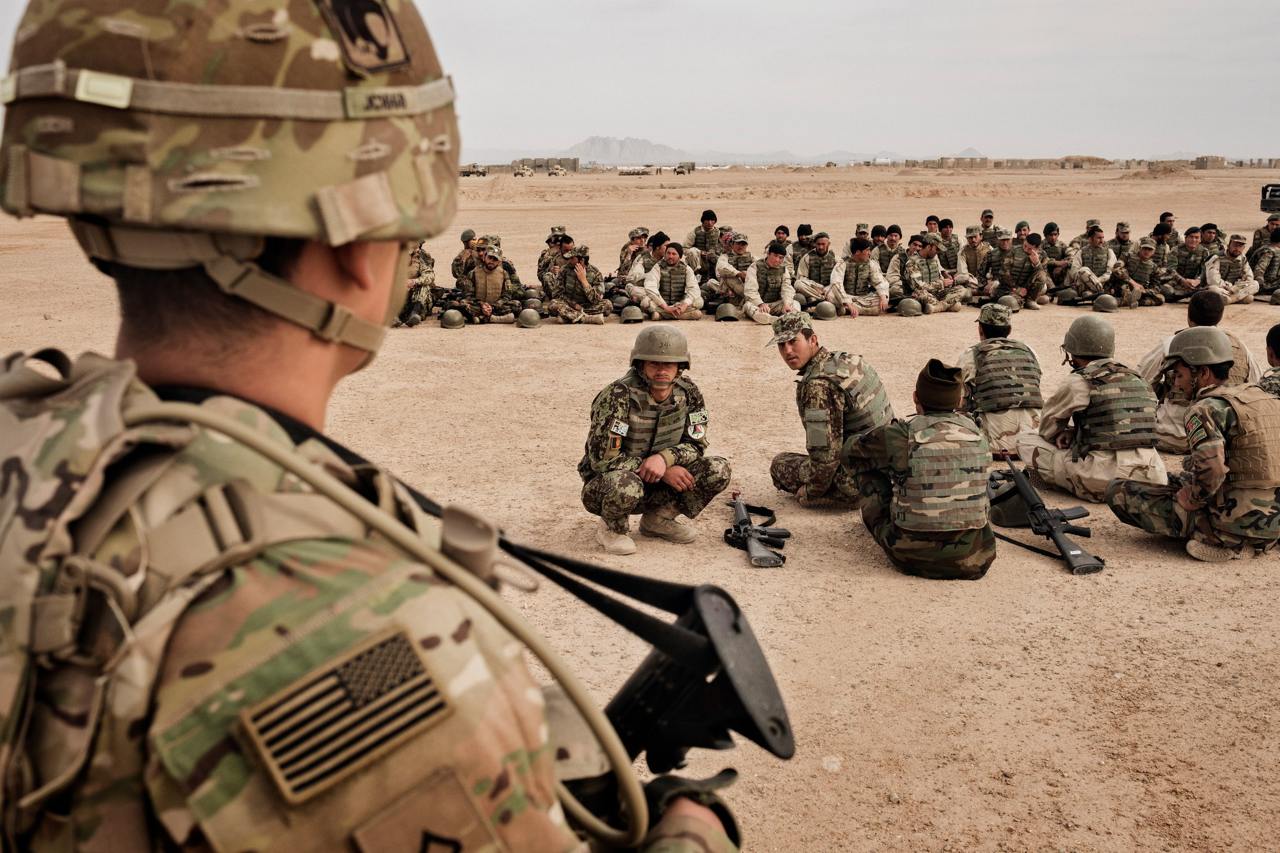Russian military intelligence is said to have paid Afghan terrorist groups, including the Taliban, to target and kill soldiers from the international coalition in Afghanistan up until mid-2021. An investigation, conducted by Insider and Der Spiegel, revealed the extent to which Russian security services went to facilitate this initiative.

Former Afghan government officials, including those from the National Security Directorate (NSD), confirmed that attacks on U.S. and coalition forces took place between 2016 and 2019.
Each soldier killed reportedly earned the Taliban a reward of $200,000, with the total sum reaching at least $30 mn.
The payments were allegedly transported by couriers under the direction of Rahmatullah Aziziy, a former smuggler from Kunduz. Aziziy, who has been residing in Moscow since 2019, holds a Russian passport under the name Rahim Ahmadov.
The passport number closely resembles that of Anatoly Chepiga (Ruslan Boshirov), one of the former Russian agents implicated in the 2018 poisoning of Sergei Skripal and his daughter Yulia in Salisbury, with only two digits differing, the report reveals.
Afghan Couriers Found Shelter in Russia
To fund the Taliban and other militant groups, Russian intelligence reportedly maintained a network of Afghan couriers disguised as employees of a company trading in precious stones.
Once their missions were completed, these couriers were given Russian documents and granted asylum in Russia, according to Insider.
Russian operatives overseeing the Afghan militants included members of military unit 29155, notorious for its involvement in the Skripal poisoning and sabotage efforts in Europe.
The investigation names General-Lieutenant Ivan Kasyanenko, deputy commander of unit 29155, as the leader of the terrorist financing operation. It also identifies Colonel Aleksey Arkhypov, who flew under the alias Aleksey Titov, as the key link between Russia and the Taliban.
Some of these Afghan couriers are said to have entered the European Union disguised as refugees. Der Spiegel reports that at least two of them applied for asylum in Germany, were rejected, yet continue to live in the country.
The findings suggest that Russia’s wider strategy of supporting insurgent groups against central governments and American interests in the region was far more expansive and sustained than the Taliban’s reward program.
Comments (0)